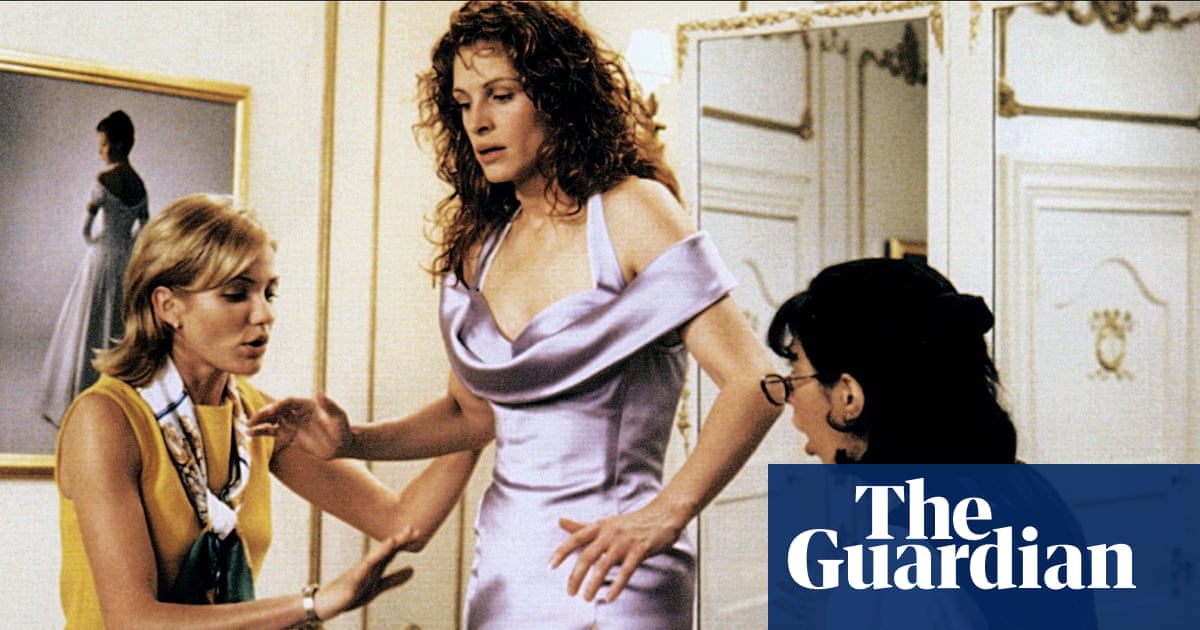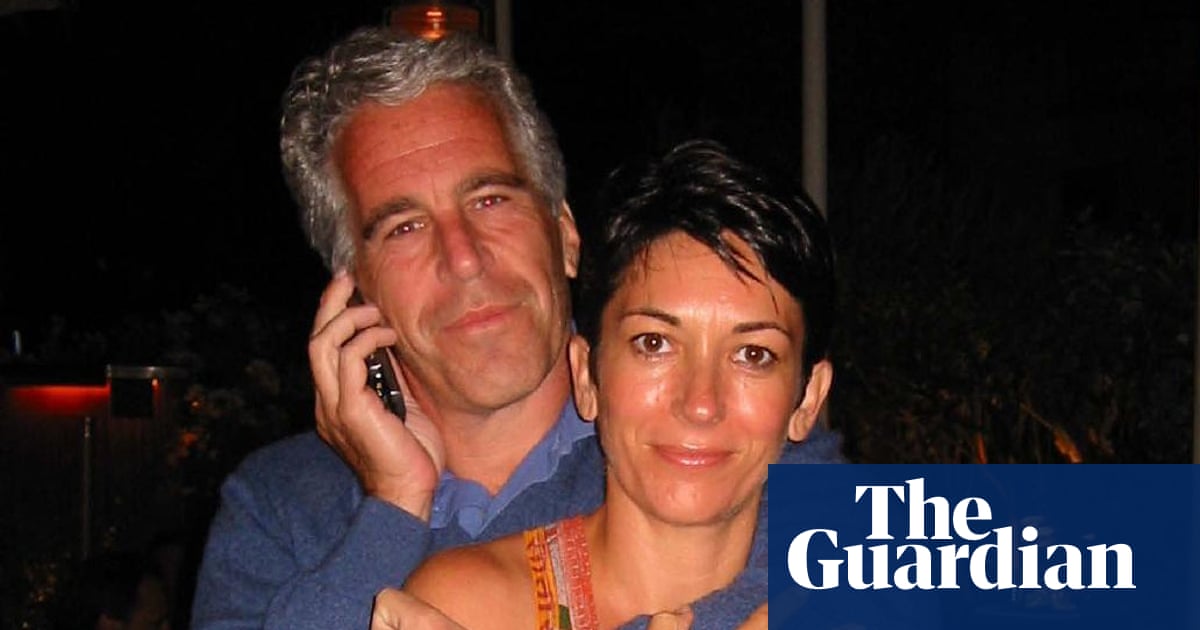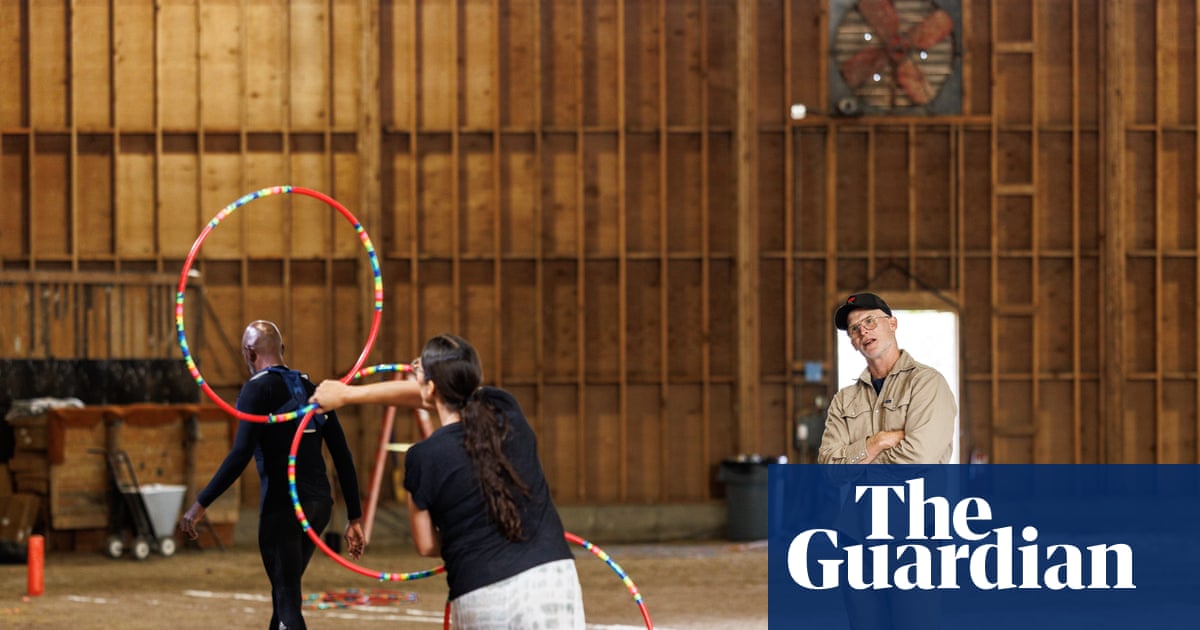A reputation for wit is often a burden – people expect bon mots to drop constantly from your lips – but no one ever wore their reputation for wit more lightly than the great American singer-songwriter Tom Lehrer, who has died aged 97.
Lehrer admirers all over the world know his witticisms from his concert recordings. “If, after hearing my songs, just one human being is inspired to say something nasty to a friend, or perhaps to strike a loved one, it will all have been worthwhile,” he said. A doctor became a specialist, “specialising in diseases of the rich”. And Lehrer reflected on protest singers: “It takes a certain amount of courage to get in a coffee house or a college auditorium and come out in favour of the things that everybody else in the audience is against, like peace and justice and brotherhood and so on.”
But Lehrer turned his back on fame and fortune in 1960, and after 1972 he spent most of his time teaching at the University of California, Santa Cruz. His students and close friends say he was wonderfully funny, scattering witticisms like confetti. Most of them are lost, but I’ve retrieved a few unknown Lehrer anecdotes.
In 1943, aged 15, Lehrer applied to go to Harvard, and was accepted because he was a mathematics prodigy. His application took the form of a poem, that finished:
But although I detest
Learning poems and the rest
Of the things one must know to have ‘culture’,
While each of my teachers
Makes speeches like preachers
And preys on my faults like a vulture
I will leave movie thrillers
And watch caterpillars
Get born and pupated and larva’ed
And I’ll work like a slave
And always behave
And maybe I’ll get into Harvard …
During his study there, the art historian Paul Turner (now of Stanford University) remembers a group sitting on the bank of the Charles River singing songs about their home towns, such as Chicago. Turner complained there was no song about his home town of Schenectady. Lehrer replied that there was, and sang: “The toe bone Schenectady the foot bone, the foot bone Schenectady the ankle bone…”

In 1970, a British graduate student at Harvard asked for an interview. Lehrer was inclined to refuse, but agreed because it was the young man’s ticket to a job in journalism in London. He told him he was now “on that vague borderline between adolescence and senility. I’m hoping to hang on to go from the world’s oldest adolescent to the world’s youngest dirty old man.” The interview did its job. The student got his job in journalism and is now the celebrated historian and member of the House of Lords Peter Hennessy.
For 30 years beginning in 1972, Lehrer’s working life was teaching two courses at Santa Cruz. One was a mathematics course for students whose main subject was something else – he called it “Maths for Tenors”. The other was a course on The American Musical. It was work he loved, and his students loved him.
But he was a private man, he disliked fame, and he did his best to live as though it had not happened to him. He was indifferent to money – he had enough for his needs, and no interest in acquiring more – so he put a legal instrument on his website allowing anyone to do anything they liked with his work, without paying him royalties. This is in amazing contrast with most high-profile performers, who have international legal teams to guard their intellectual property. In 2008 he was visited in Santa Cruz by Norwegian journalist Erik Meyn, who had set up a Tom Lehrer channel on YouTube without asking permission, and felt guilty about it. Lehrer explained that he didn’t mind, and even insisted on paying for their lunch: “It’s the least I can do, and that’s why I’m doing it.”
Lehrer’s copyright decision gave rise to two shows which make their cheerful way round London’s theatres and occasionally further afield. One is Stefan Bednarczyk’s one-man show The Elements of Tom Lehrer. The other is my play, Tom Lehrer Is Teaching Math and Doesn’t Want to Talk to You, with Shahaf Ifhar as Lehrer, which includes many of his greatest songs but also tries to get to the truth about this extraordinary and enigmatic man. I think it succeeds as far as anyone has ever succeeded, which is not very far.

 13 hours ago
5
13 hours ago
5

















































